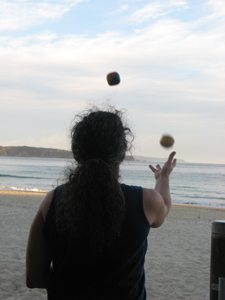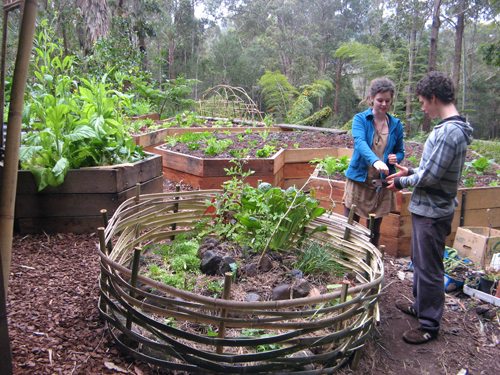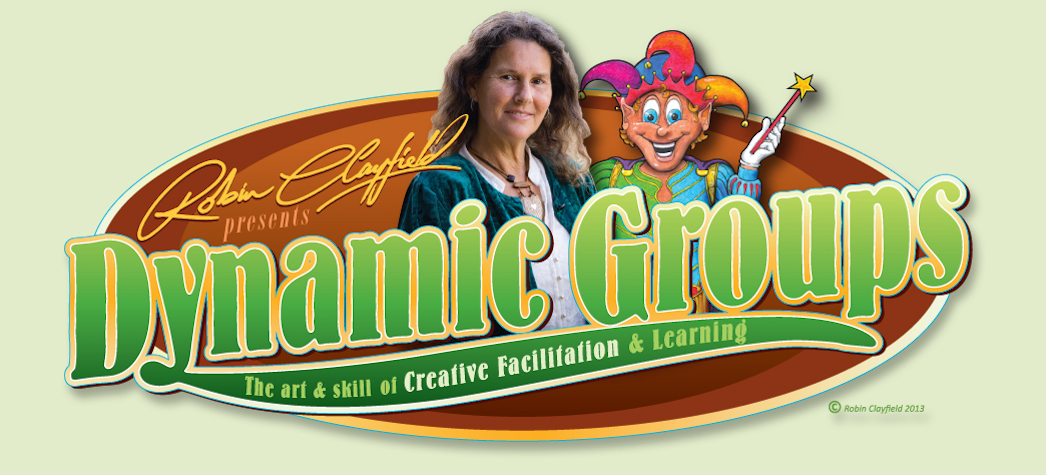In our February online Q&A session, we explored the question: How do we juggle many balls, projects, & aspects of groups and businesses?

The first part of the question explored was: How many balls do you juggle, and how well do you juggle them?
Depending on how active each project is, the amount of structure needed varies. When there’s more project activity, there tends to me more structure. There also tends to be less time for self-care and personal relationships – these are typically quick to be reduced in attention. Also, being on screens was noted as part of the juggle – needing balance between time, energy and eye-health.
Trips out-of-town were noted as a tricky aspect for juggling all the pieces of life; where balls tend to get dropped easily e.g. responding to emails after times away with no internet.
We then explored planning tools that groups utilise to maintain balance in amongst all the activity. Here is a summary of what we use – you might discover something new to adapt to your life.
Mind-mapping – To get a clear picture of all the pieces to be considered/juggled and what they each need.
Have a Monday morning business check-in on paper – creates a strong starting point for the week.
Use a diary to track appointments, to-do lists, due dates etc.
Use the Important/Urgent quadrant to prioritise next steps.
- Divide a piece of paper into quadrants: Important /Urgent, Important/Not Urgent, Not Important/Urgent, Not Important/Not Urgent.
- List everything that needs to be done on this chart in the most fitting quadrant.
- Prioritise working through all the important/urgent things first.
- Question the not important/not urgent tasks and enquire if they can be given to someone else.
Use a filter of ‘things that bring me joy’ – One person made a decision at young age to work on things that bring joy and that make a difference in the world. They apply this to all their projects.
Saying ‘No’ is a type of technology.
Holistic Decision-Making by Dan Palmer – For each area of our life, we can create ‘quality of life’ statements e.g. I am happy and healthy and can use my body to do lots of active things, I have quality time with my children every day. These are then used to guide decision-making and priorities.
Positive affirmations e.g. I have time and space for me, family and community – Good for times of overwhelm.
Challenge self each day to do one thing for home, one thing for business and one thing for garden, as well as for self, family and community. Have a check-in at the end of the day to see what has/hasn’t happened which helps one be more conscious of how they’re spending their time.
Monthly mind-mapping of projects is used by one of the group. They map-out by mind-map all of their active projects for the coming month, where the sub-branches are the tasks for each project. Using check-boxes for the tasks, this becomes a month-long to-do list, allowing an overview and holding all the projects together with focus.
Asking for help and support – acknowledge when one is needing more time for a task and being humble to request for that.

Eating well, drinking water, breathing consciously, getting good sleep.
We finished the session by acknowledging that the juggling of projects is quite a skill. It requires peripheral vision and sensing of what’s coming next. And sometimes roles/hats need to be changed nimbly, requiring us to take a breath.
These are very similar skills as required when facilitating groups, so there is a lot of transferable learning between the two. And ultimately, physical juggling is a good practice to help wire the brain for juggling projects!
May you nimbly and gracefully juggle all the projects, people and purpose you carry in your life!
With thanks to Erin Young for writing up our input.
 Dynamic Groups, Dynamic Learning Dynamic Courses, Books, Resources and Tours for Healthy Groups, People and Culture with Robin Clayfield
Dynamic Groups, Dynamic Learning Dynamic Courses, Books, Resources and Tours for Healthy Groups, People and Culture with Robin Clayfield